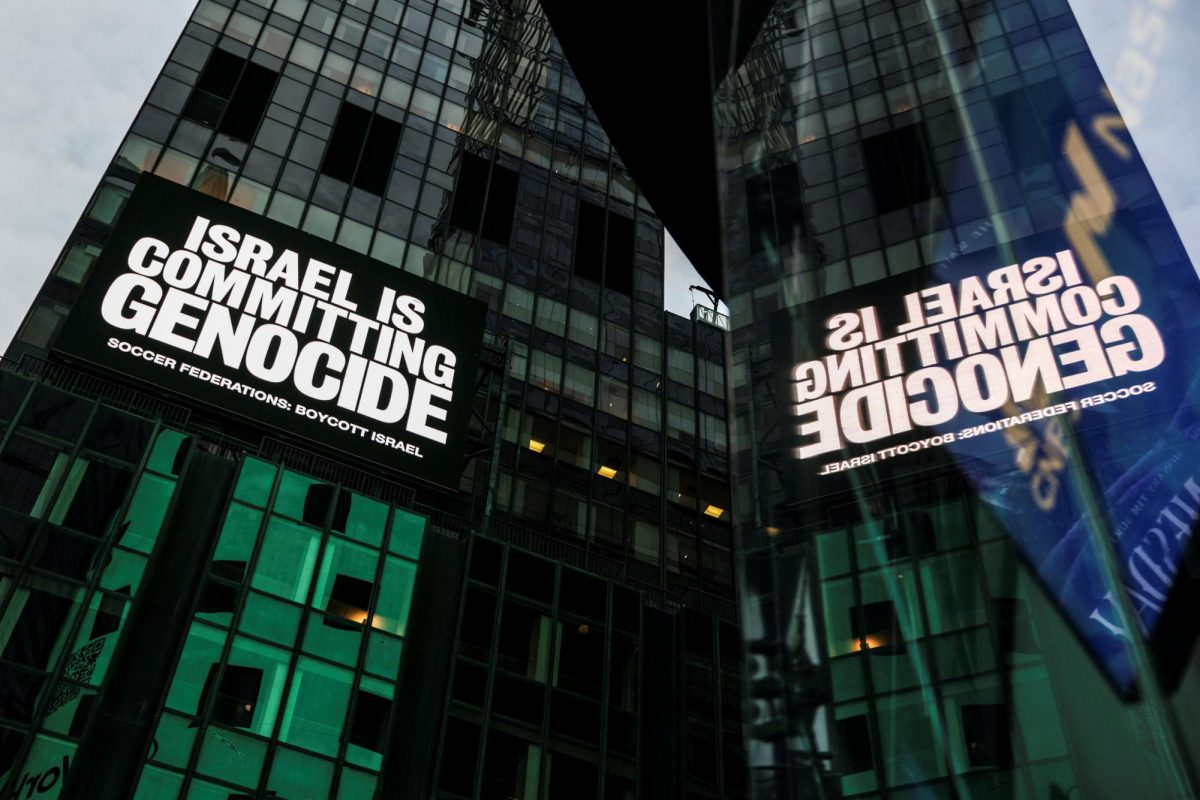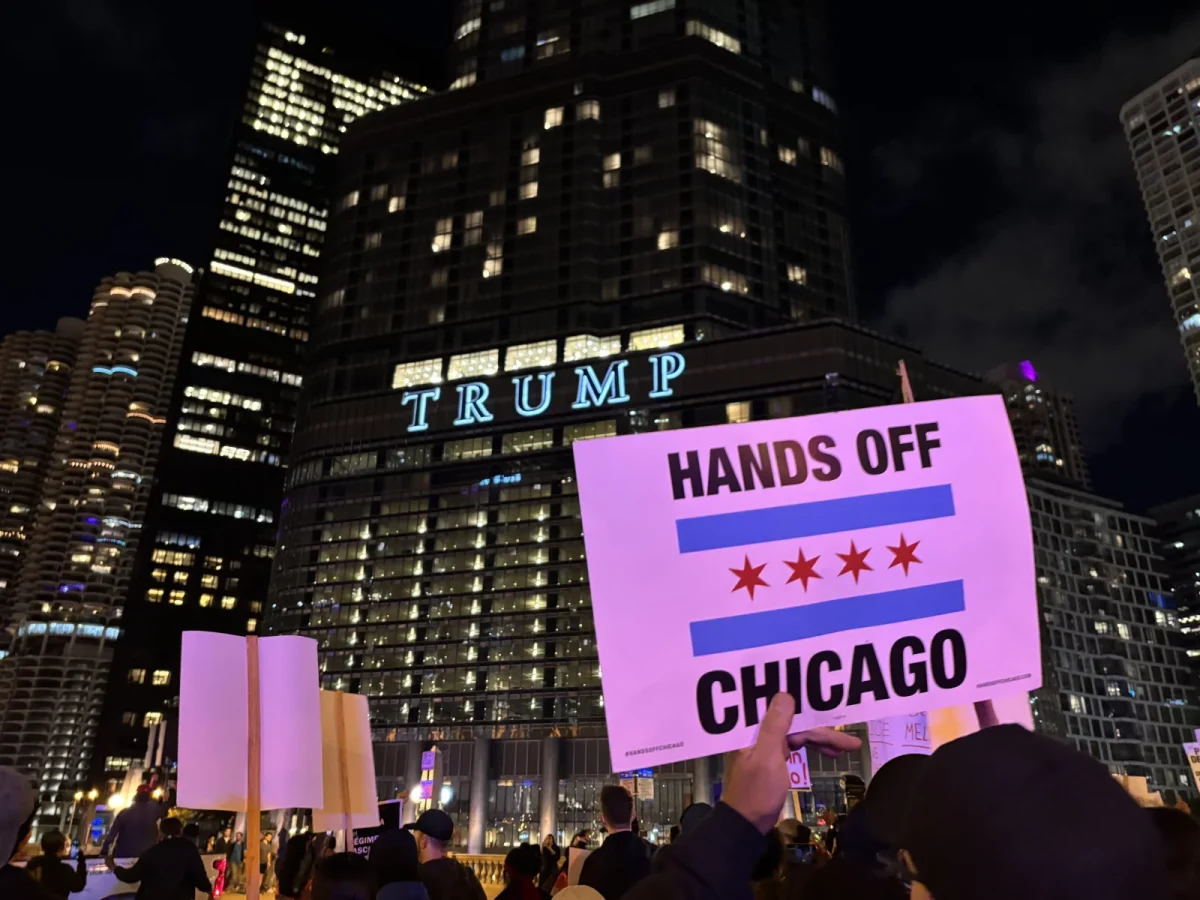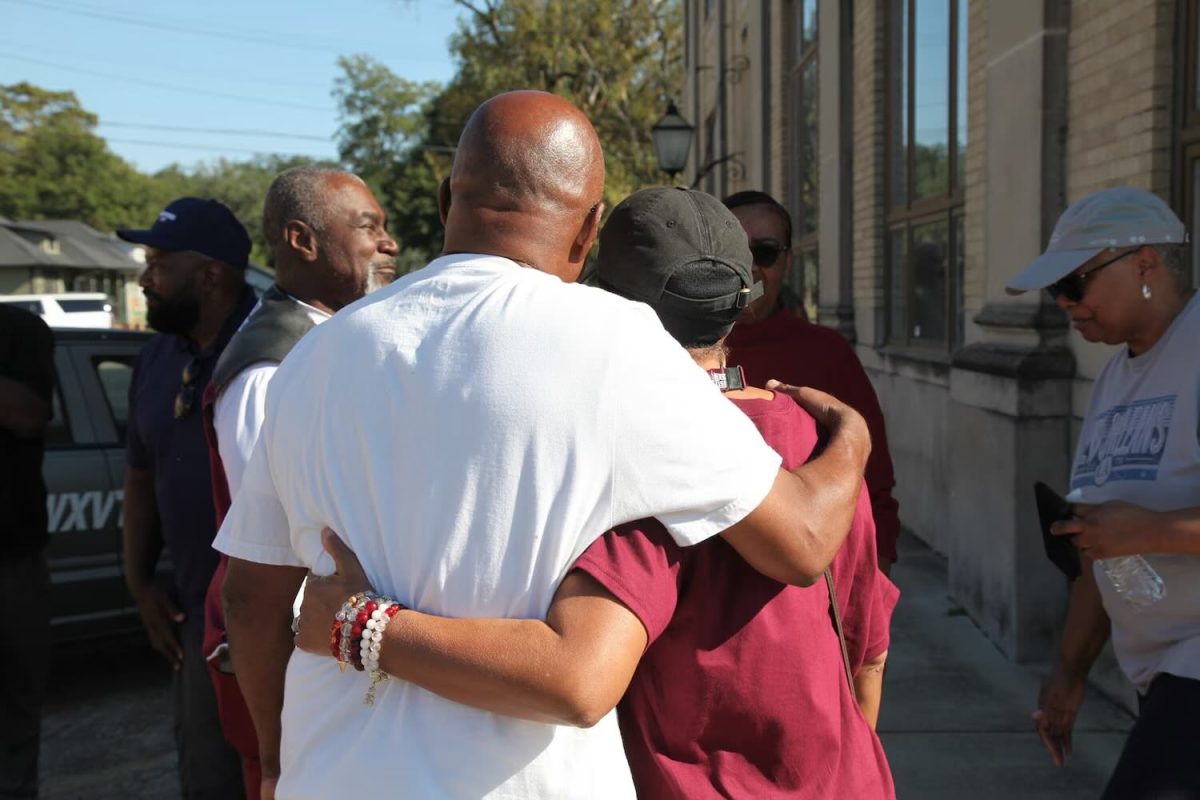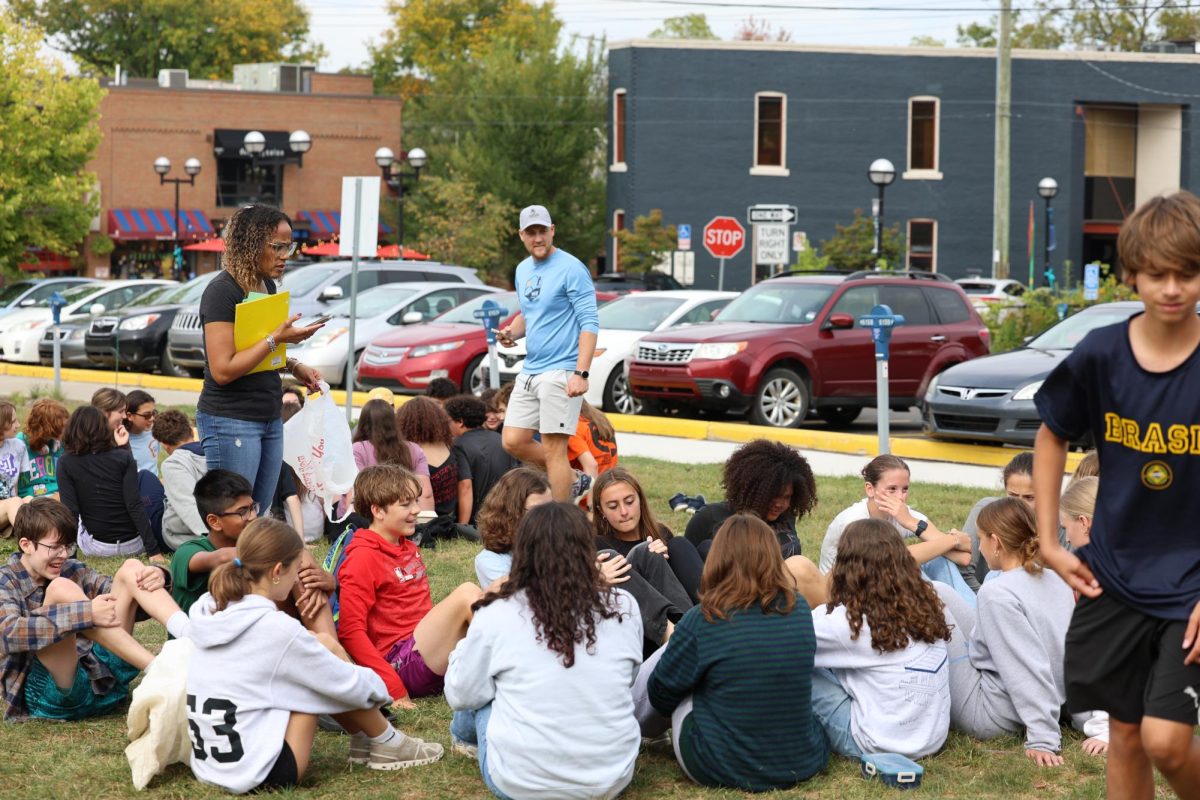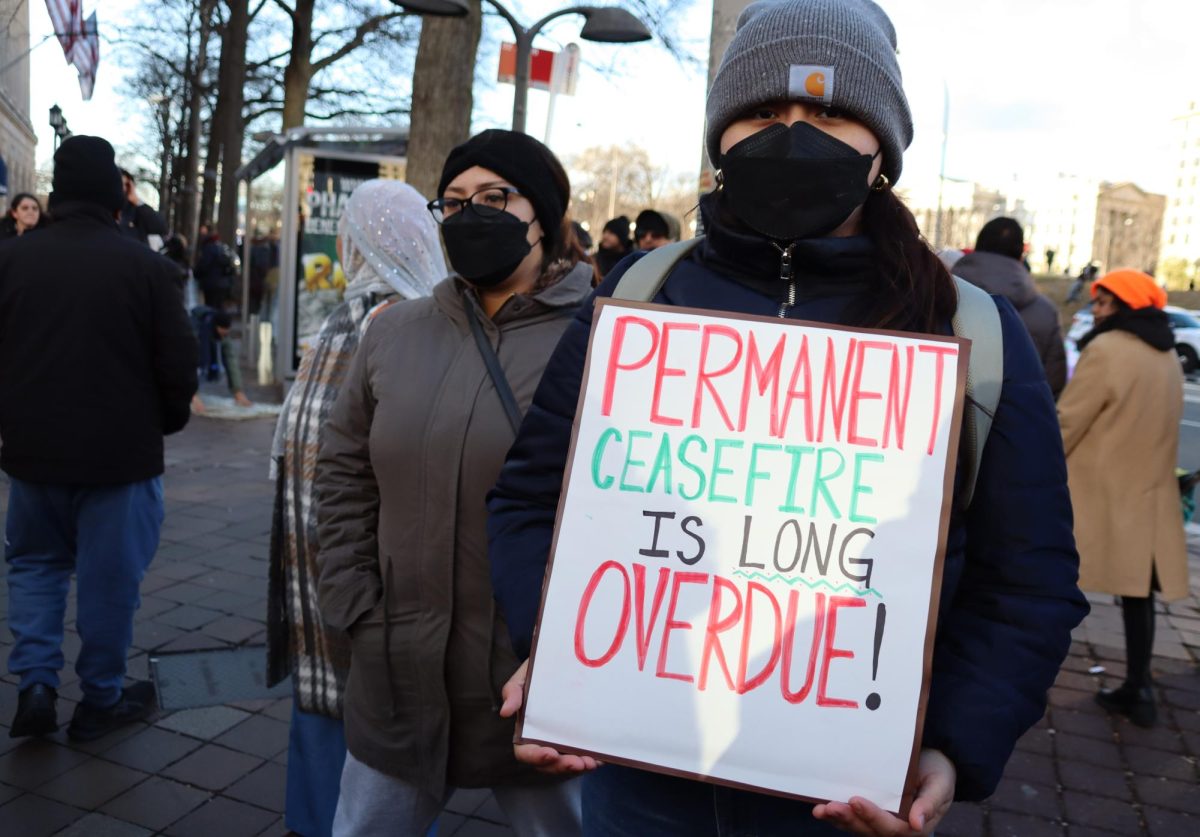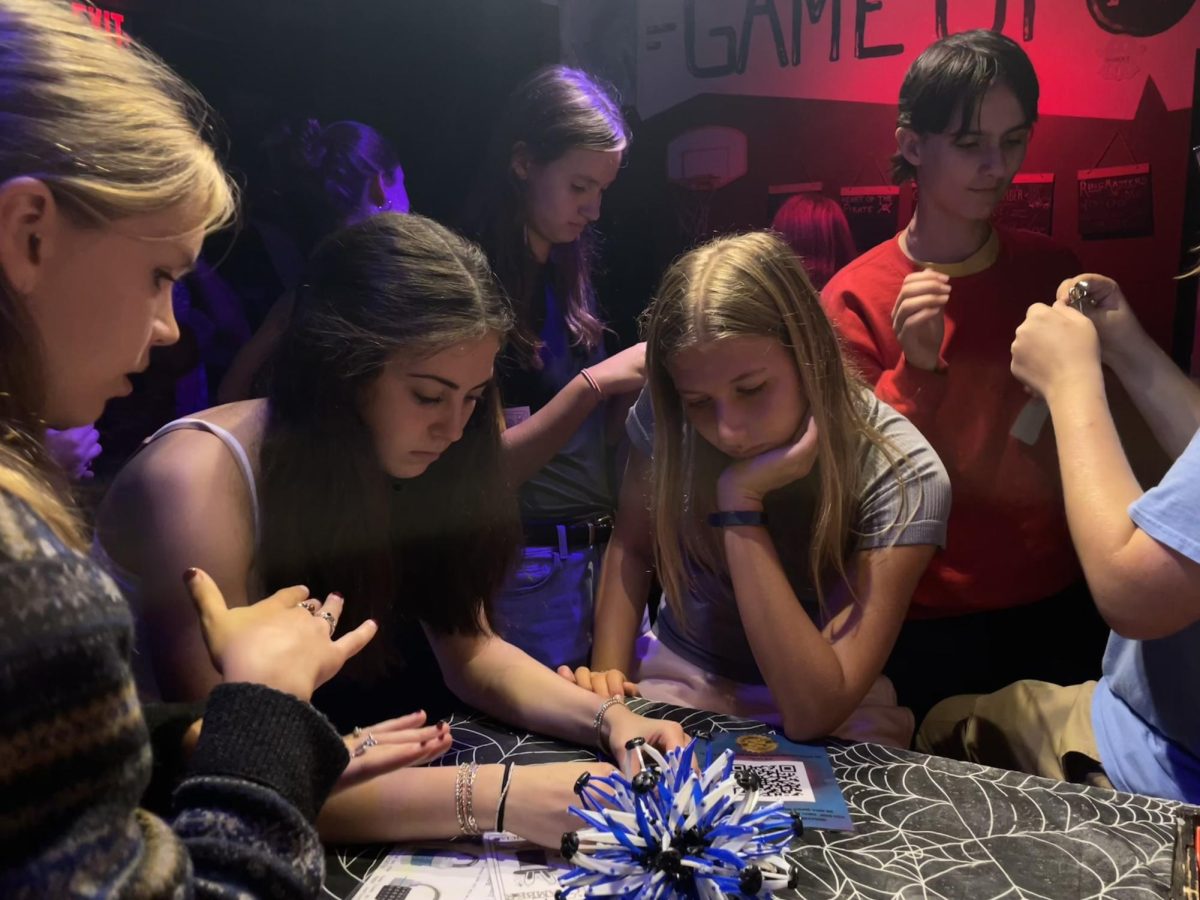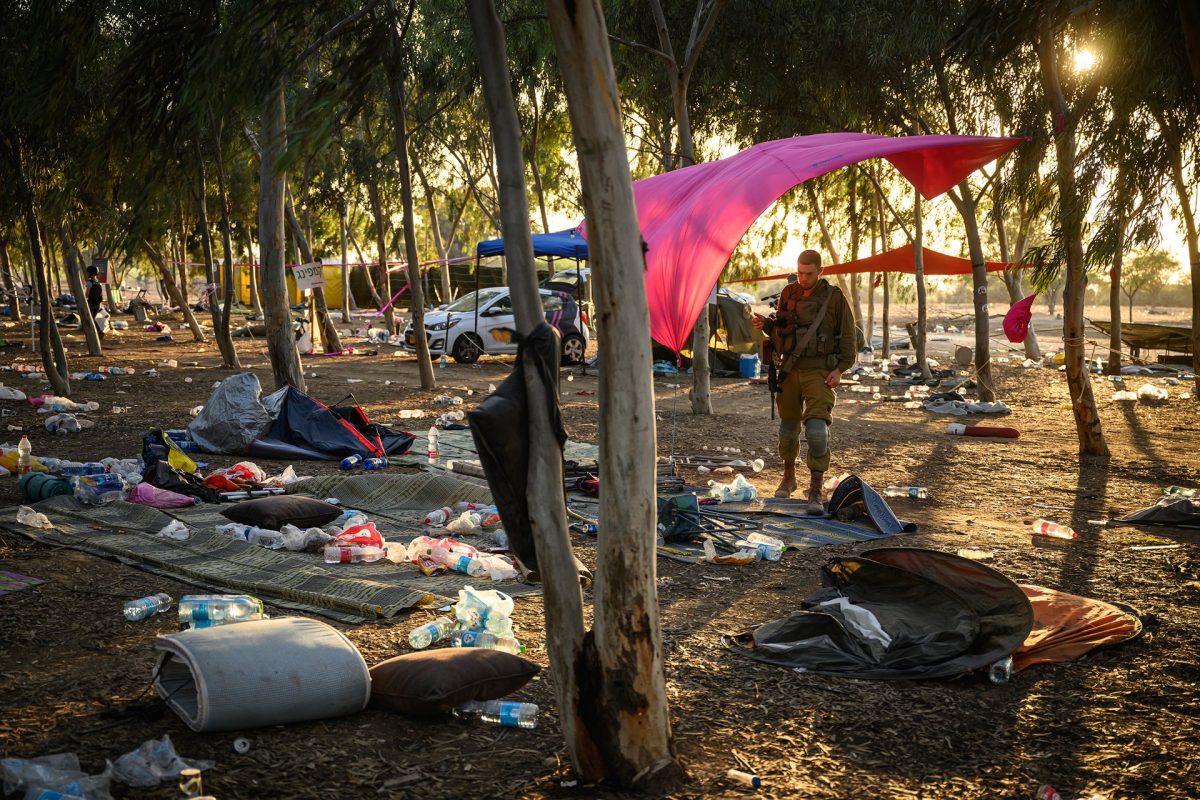Rising conflicts in the Middle East between Israel and Palestine have caused artists and labels from around the world to protest. On Sept. 18th, over 400 artists from around the globe came together to protest Israel and find a solution. Groups of musicians, including Massive Attack, Paramore, Björk, Faye Webster and Redveil, are among the artists who have taken their music off all Israeli music platforms.
This comes after Spotify CEO Daniel Ek’s investments in an AI military technology company, Hesling, have been made public. Some artists recognize this act as a clear boundary crosser for personal values and are speaking out against it. Bands such as Godspeed You!, Black Emperor and King Gizzard and The Lizard Wizard completely took down their music from Spotify instead releasing it on competitor Bandcamp with a pay-what-you-want feature.
The protest was organized by a decentralized group of musicians and independent labels that have not named themselves as leaders.
“This tangible act is just one step toward honoring Palestinian demands to isolate and delegitimize Israel as it kills without consequence on the world stage,” the No Music For Genocide website states. “The successful cultural boycotts against apartheid South Africa prove that our creative work grants us agency and power. When we wield it together, we add unified pressure to a growing, global and interdependent movement.”
Inspired by the cultural Boycotts against South Africa in the 1950s, No Music For Genocide aims to take away all sources of outside culture in order to isolate the people within. It worked with the British Musicians’ Union to take any South African artist off of the BBC Radio, one of the biggest in the world. It caused a shift in the worldwide public opinion of the nation and caused it further setbacks. The goal of this protest is to do the same, change public opinion by having names you may recognize openly be against the country.
Protestors from No Music For Genocide made it clear that it wasn’t an attack on individuals.
“We don’t boycott to target individuals,” No Music For Genocide protestors said. “This is a rejection of apartheid Israel’s cultural industry, which works hand in hand with global music and media institutions to whitewash apartheid and genocide.”
The end goal of the protest is to isolate and delegitimize Israel to the point where it is out of the power it currently has, Palestinians are freed and the war in the Middle East is resolved. The belief that anyone is able to do something is a large part of this protest. The organizer believes anyone can use their platform to have a voice, motivating audiences to follow in suit of musicians.
Many U.S. government officials, such as President Donald Trump, believe that the Gaza-Israel Conflict may be coming to an end in the near future.
“I hope that we’re going to have a deal for peace,” Trump said. “If Hamas rejects the deal for a ceasefire, which is always possible – they’re the only ones left, everyone else has accepted it – but I have a feeling that we’re going to have a positive answer.”
The protestors compare this situation to the Russia-Ukraine war.
“Within a few months of Russia’s invasion of Ukraine, every major label either unilaterally removed their entire catalogue from Russia or closed operations entirely, implicitly or explicitly condemning Putin’s actions while donating to Ukraine,” No Music For Genocide protestors said. “No such measures have been taken against Israel, or in support of Palestine, after decades of illegal occupation and 23 months into Israel’s accelerated genocide.”
The No Music for Genocide collective has made it clear that the group will not stop its protest until all military action within Gaza has ceased. They will continue their peaceful protest and attempt to bring more and more artists, labels and bands into the group.



